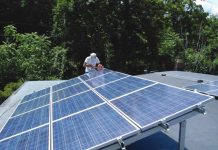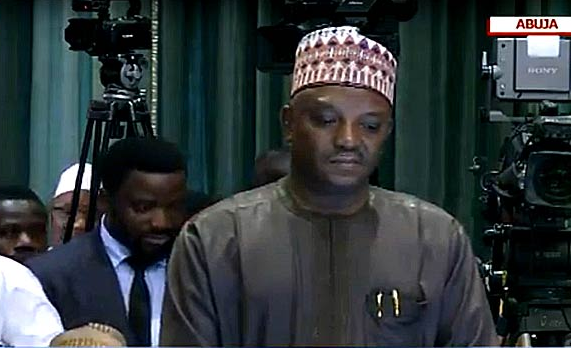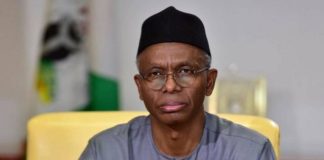- As govt seeks cost reflective tariff to facilitate mutual benefits to investors, consumers
The Minister of Power, Engr. Sale Mamman, has said that the N1.684 trillion outstanding receivable owed the power generation companies (Gencos) is a key challenge in the sector, saying this is a major source of concern to the federal government. Mamman also pointed out that the access of the Distribution Companies (Discos) to borrowing instruments had been limited by the fact that they were already over-leveraged.
However, as part of efforts to ensure market efficiency and transparency, the minister explained that the federal government had undertaken the improvement of commercial, technical and regulatory components of transaction agreements; promotion of fiscal discipline through the effective utilisation of all power sector loans; promotion of market disciple, and achievement of cost reflective tariff that would facilitate mutual benefits to both investors and consumers. Mamman disclosed these in a presentation to the National Economic Council (NEC).
The current rate of power electrification revealed by the minister in the report placed Lagos as the state with the highest level of electrification in the country, at 95 per cent, closely followed by Anambra (about 92 per cent), and Imo (90 per cent).
But states, such as Adamawa, Bauchi, Benue, Borno, Ebonyi, Jigawa, Taraba, Yobe, and Zamfara, ranked low, with about 30 per cent electrification rate.
Mamman listed other challenges in the sector to include gas constraints for thermal generation, idle generation capacity, and the historically perennial under-investment in the development and expansion of the grid.
He observed the lack of adequate investment in the distribution network.
Pointing out that Nigeria remained among the lowest per capita electricity supply in Africa, with a high rate of rural to urban migration, he identified some present and emerging challenges in the sector to include misalignment between generation, transmission and distribution, as well as the rising cost of undelivered electricity capacity.
Others, he stated, included declining Discos’ remittance, coordination and corporate governance challenge as well as challenges faced by the Discos, the Gencos and the transmission company.
The report put the average tested capacity for hydro in the country at 1,225 and thermal at 6,241.65MW.
On the other hand, on-grid generation capacity for hydro was said to be 1, 936MW, Thermal – 11,154MW; Average Actual Transmission Wheeled – 4,117.5; Average Unutilised Transmission Capacity – 2,883; Average Total Operational Capacity for Hydro – 1258.18, and Thermal – 4,201.97.
The minister listed measures that were being adopted to address the challenges to include infrastructural alignment, market efficiency and transparency, corporate governance enhancement and sector policy coordination, increasing energy access, and the execution of legacy projects in the sector.
In the area of infrastructure alignment, he listed measures introduced by the federal government to involve the commencement of the implementation of phase one of the Nigerian Electricity Roadmap; continuous implementation of the Transmission Rehabilitation and Expansion Programme (TREP), supporting the full implementation of the Disco franchise, as well as the promotion of grid standardisation and synchronisation.
The minister stated that as part of efforts to ensure market efficiency and transparency, the federal government had undertaken the refinement of commercial, technical and regulatory components of transaction agreements. This, he added, included promotion of fiscal discipline through the effective utilisation of all power sector loans; promotion of market disciple, and ensuring the achievement of cost reflective tariff that would facilitate mutual benefit to investors and consumers.
In terms of energy access, he said the government had taken steps to scale up its energy access models, develop additional energy access models as well as promotion of investment into off-grid projects.
Source: THISDAY














